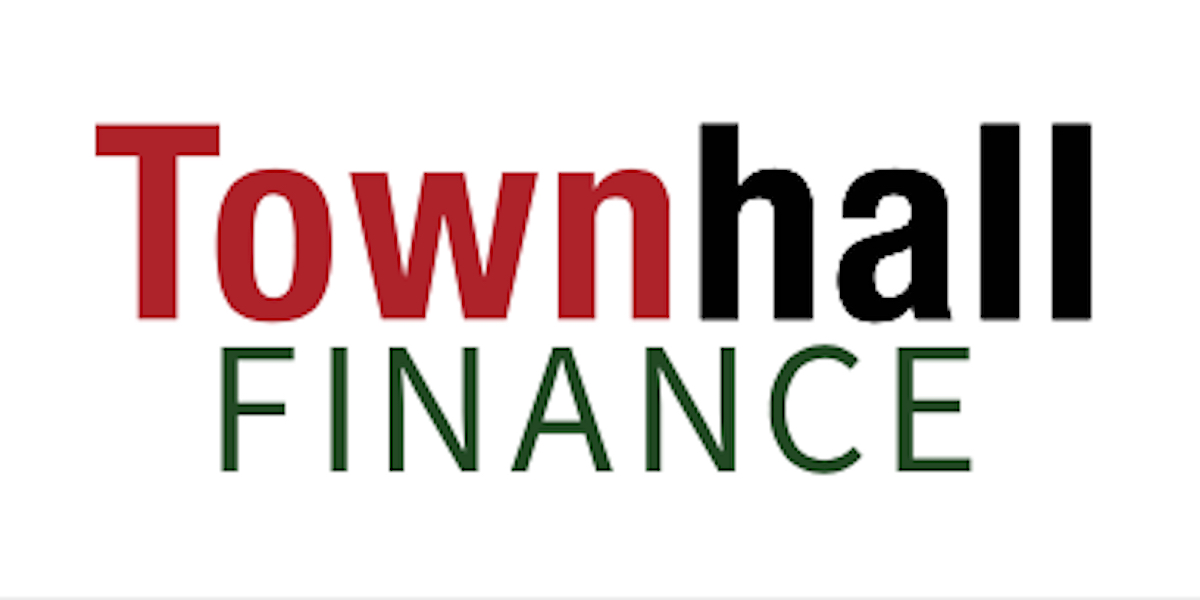
30 Apr 2021 Anti-Voting-Integrity CEOs Retreat, Evade, Stonewall
From the Department of The-Heck-You-Say, it appears that the woke corporate leaders who attacked the Georgia voting-integrity law, some even labeling the state racist for wanting clean and honest elections, had no idea what they were talking about.
I know, right? Virtue shouting is uninformed, wrong, offensive and deeply divisive. Who’d’a thunk?
By way of reminder: the Georgia voting-integrity law is a simple attempt to increase the honesty of and improve public faith in the state’s elections. The central provision requires voter ID, ID which is provided free in Georgia, and need be renewed only every 8 years. Other provisions expand voting opportunities, as by making ballot-drop locations for early voting permanent for the first time, and by expanding weekend voting. Slow Joe “Jim Eagle” Biden falsely claimed that the bill denies people food and drink in voting lines. Instead, it only forbids campaign workers from bribing voters while they stand in line.
Quelle horreur!
Four companies that had come out in hasty, thoughtless opposition to Georgia’s law had annual shareholder meetings last week: Coca-Cola, Bank of America, Levi-Strauss, and Pfizer. The Free Enterprise Project at the National Center for Public Policy Research (for which I work) “attended” their meetings and submitted questions to the respective CEOs asking for specifics about their objections to the Georgia law.
The results, as they say, were revealing.
At Coke, the company ignored our pointed question, instead answering a pre-scripted softball question that it had written for itself. “Try to be less white” Coca-Cola apparently expected some richly deserved heat. And it appears the heat is working. Coke’s CEO, James Quincey, backpedaled from the company’s opposition to the law, instead simply offering pablum about wanting open access to elections.
Well, yes, Jim, everybody does. Open access for each adult to cast one ballot – with no 3 a.m. boxes of magical ballots. It’s pretty clear that you’re now fully aware that the Georgia law is not, as you earlier asserted, “unacceptable, it is a step backward and it does not promote principles we have stood for in Georgia,” including “ensuring election integrity.” But now you owe the people of Georgia an apology for defaming them. When can we look for that?
(More evidence that the pressure on Coke is working? Quincey also backpedaled on the company’s endorsement in HR training of Robin DiAngelo’s appalling assertions that “whiteness” is the locus of evil in the modern world, and that whites have an obligation to “try to be less white.” He said that Coke would “never ask anyone to be less themselves.” That’s a good start, Jim. But since your company is so eager for employee training, how about some employee training for your HR and legal teams to explain to them that all racism is racism, and that critical theory and “antiracism” are racist to their cores. If you forget to schedule this training, it’s past time that your employees sent you a little reminder, in the form of service of complaint initiating suit.)
Later that day we posed a question to Bank of America (BoA) CEO Brian Moynihan. In it, we specifically asked when Bank of America was going to stop requiring IDs to borrow money, enter their facilities, vote at their shareholder meetings, and the like. Moynihan retreated, squirmed, evaded. He said that BoA does not oppose voter ID, a detail he’s excluded from his denunciations of the Georgia law. He then backed off those denunciations entirely, admitting that the law was – gosh golly – more complicated than he’d bothered to discover before stirring up civic strife with his virtue-signaling opposition. Finally, he called for the convening of a “bipartisan commission” to study how to make elections reliable and trusted.
Well. Moynihan and his duplicity have been discussed in these pages before. It would probably be ungallant to conclude, just yet, that anything that arises from or over the signature of Brian Moynihan should carry the presumption of deceitfulness, but the time may not be too far off. Given his track record and the Biden Administration’s serial mendacity, we can be sure that any technically bipartisan commission it created would have far-left Susan Rice-type figures on one side, and self-important Romney/Boehner surrenderist representatives of the D.C. uniparty on the other. If the representatives of the right on such a commission were Tom Cotton and Ron DeSantis, it might be worthy of respect. Otherwise, it would represent simply more fraud.
Chip Bergh, the CEO of Levi-Strauss, doubled down on calling the Georgia law, and other voting-integrity efforts across the country, racist. But he explicitly said that voter ID isn’t racist or wrong, and he couldn’t identify any specific provisions that he thought were racist. Chip, have you swallowed so much critical theory that you think that citizens demanding that elections not be stolen is racist? Or does virtue signaling and libel wholly outweigh truth for you?
To round out the week, Pfizer CEO Albert Bourla retreated entirely from the company’s previous opposition to the Georgia law. “We are not taking a position on specifics, on specific laws,” he, um, clarified. By its previous opposition, Pfizer really just meant to “stat[e] our basic principle that access to vote is very important for the democracy.”
Oh. Thanks for clearing that up, Al. Sure seems like you owe Georgia an apology too.
The lessons last week: first, corporate virtue-signaling is not thoughtful or good-faith. It is biased and ill-considered nonsense. This episode provides one example, but it’s shot straight through companies’ woke “stakeholder capitalism” stances. Corporate executives have no qualifications to control our lives as self-appointed policy czars. They’re stirring up social strife and civic collapse for narrow personal benefit.
Second: intense scrutiny and heavy pressure from the sensible center/right of this country is effective. Let’s amp it up.
They have to be watched, confronted, and stopped. Before things get worse.
Scott Shepard is a fellow at the National Center for Public Policy Research and Deputy Director of its Free Enterprise Project. This was first published at Townhall Finance.




